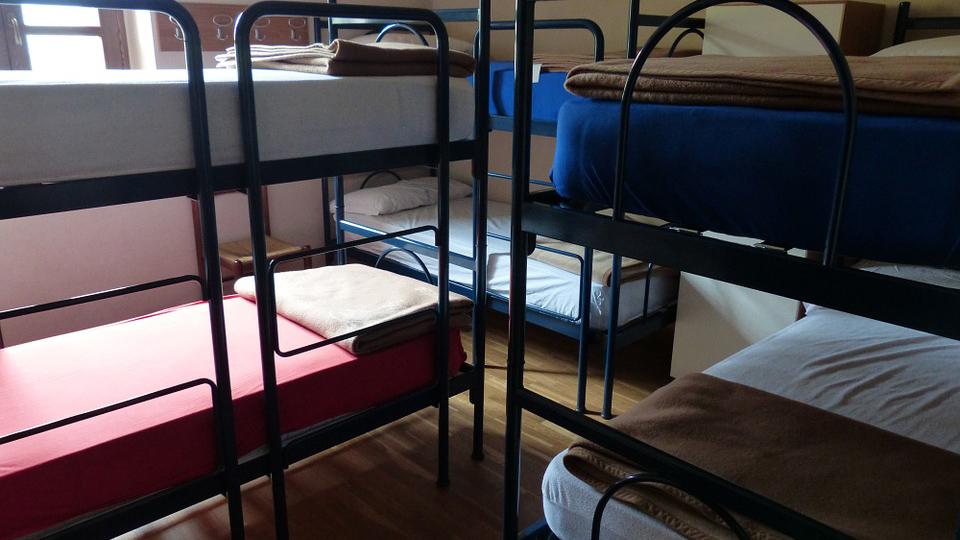‘Temporary’ hotels have devastating effects on homeless families
Primary page content
New research has revealed the disruption homeless families experience - including the late development of children’s speech and movement - while living in temporary hotel accommodation.

Interviews were conducted with 16 formerly homeless families, all of whom had become homeless as a consequence of eviction from private rentals, family breakdown, or a combination of the two. Each household had spent significant amounts of time living in Dublin hotels while awaiting permanent homes.
The research is the latest in a series of studies co-authored by Goldsmiths, University of London Post-Doctoral Research Fellow Dr Ella Harris, which explore housing insecurity in the UK and Ireland.
The destructive impact of temporary hotel living on children was found to be particularly acute. One toddler’s speech had not developed since moving into a hotel, despite her being over two years old and previously meeting development targets. A behavioural specialist suggested this could be a consequence of the trauma of homelessness.
One participant, describing their son, said: “He has to see the early intervention team, because he can’t climb or walk stairs and he was a kind of rigid baby. They’re [the specialists] convinced now that it’s down to where we lived, because he hadn’t got access to move around, to crawl, he never crawled… he had no space at all.”
Families were left unable to cook, do laundry, or take children to school without expensive, time-consuming journeys. This led to higher expenditures, health implications due to lack of nutrition, and reduced family social time.
The longest period a household in this study had lived in a hotel for was three years. With private rented sector housing increasingly being used for short term lets via companies like Airbnb, local councils are struggling to source social housing for people on the housing register. The researchers found that at lucrative times of the year hotels were asking homeless residents to leave as they knew they could make more money through other paying guests.
A report on the latest research by human geographers Dr Mel Nowicki (Oxford Brookes University), Professor Katherine Brickell (Royal Holloway, University of London) and Dr Harris has been published in the Royal Geographical Society (with the Institute of British Geographers) journal The Geographical Journal.
Professor Brickell, Dr Nowicki and Dr Harris also collaborated on a 2018 study into urban precarity and ‘pop-up’ temporary accommodation in Lewisham, south east London.
Dr Harris is currently writing a book titled Precarity Rebranded: Pop-up Logics for Crisis Times. She said: “This paper explores the traumas of homelessness in Dublin but the picture is similar across European cities, including London. Worryingly, our research into housing crisis ‘solutions’ has shown that money and effort are being spent on temporary fixes rather than sustainable housing policies. Some of these temporary fixes, like putting families in hotel rooms, are obviously inadequate.
“The award-winning pop-up accommodation PLACE/Ladywell, pioneered by Lewisham Council, is, on the face of it at least, progress towards alleviating housing insecurity. But pop-up solutions, no matter how many architectural awards they win, can only ever be a stop gap. They appeal because they allow stakeholders to look like they’re doing something about homelessness, without having to address the root cause – the financialisaton of housing. Governments need to stop prioritising and subsidizing private housing and fund permanent social housing if there’s ever going to be an end to these crisis conditions.”
Dr Nowicki said: “This research has really hammered home how terrifyingly easy it is to become homeless; everyone I interviewed just experienced a few bits of bad luck, or lacked a strong family support network.”
The hotelisation of the housing crisis: Experiences of family homelessness in Dublin hotels by Mel Nowicki, Katherine Brickell and Ella Harris was published on Tuesday 11 June 2019 in The Geographical Journal.